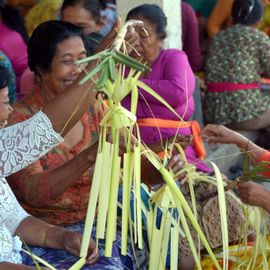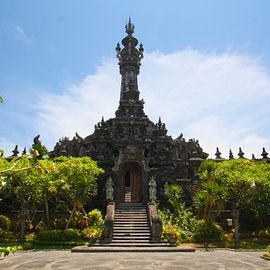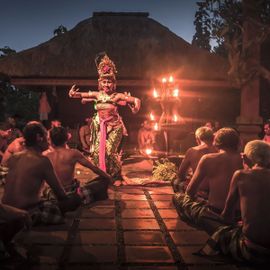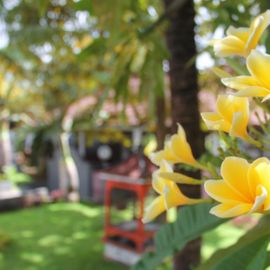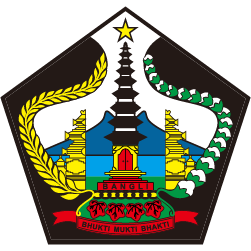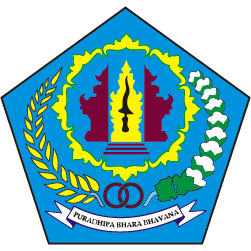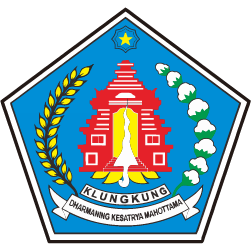Ngayahan, The Social Tradition Of Binding Friendship In Balinese Communities
Ngayahan, The Social Tradition Of Binding Friendship In Balinese Communities.
Not only famous for its extraordinary natural charm, Bali is also known as an area with a wealth of art, culture, and social systems that are seemingly timeless with modernization. Although quite a lot of foreign influences enter the midst of the people, but Balinese culture is not merely forgotten. They are so enterprising, resilient, and cleverly maintain the heritage of his ancestors.
Ngayah Tradition in Bali
In Balinese society, there is an activity called Ngayah. Ngayah is a tradition of donation. But donating in Ngayah does not always in a form of money or materials, but also services. Ngayah is done voluntarily for the common good. Ngayah teaches the Balinese to help one another. Well, in this tradition, it isn’t always about the social activities. But they do Ngayah as a religious command as well.
Conceptually, this tradition is the same as mutual cooperation. The difference is that Ngayah is not merely helping and doing good for the common good, but is a manifestation of religiosity, social piety, and culture in Balinese society. Since this tradition is a legacy of ancestors and regulated in religion, Ngayahan is also strongly embedded in their soul so that it becomes the identity of the Balinese people.
Unlike other traditions that must be performed every certain date, Ngayah can be done every day and is very easy to do. For example, every morning, they always chat with their neighbors before doing daily activities to establish intimacy. Or when there are certain events, they together make preparations so that the event runs well. For more complex matters, donations in the form of money and goods are usually collected regularly so that if needed at any time it can be used. That way, the Balinese can still maintain the spirit of sharing and doing good to others.
The Ngayah tradition has been carried out since long ago. As a small example, in the past, most Balinese people worked as farmers. While working in the fields, these farmers often chat and joke with each other. This activity is also called Ngayahan. By chatting and joking together, they help each other to relieve inner fatigue during farming and also spread positive energy to get back to work. Simple, right?
With the emergence of the Ngayahan tradition, surely the ancestors of the Balinese hope that the next generation will not forget how to socialize with others. The existence of this tradition can foster a sense of brotherhood and build togetherness through activities carried out by mutual cooperation without expecting financial rewards.
